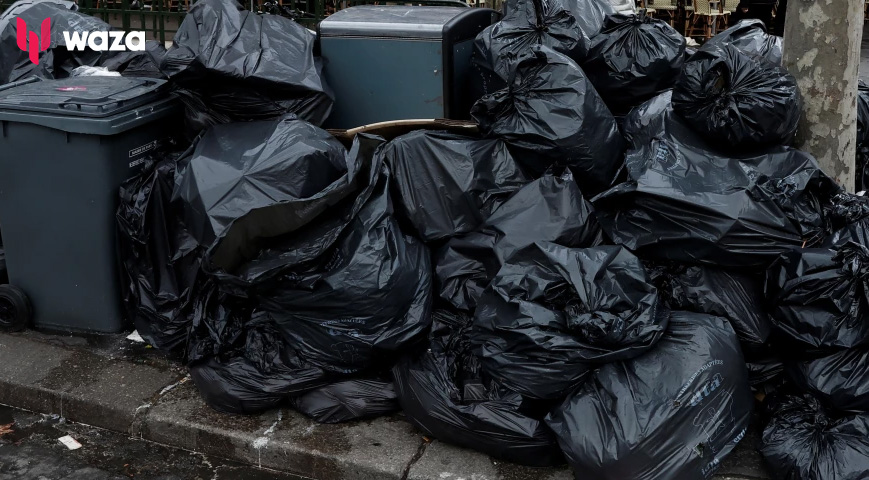Kenya has officially implemented legislation prohibiting the manufacture, importation, and use of plastic bags, marking a major milestone in its fight against plastic pollution.
The new rules, which came into effect on November 4, 2024, provide non-woven bag manufacturers with a one-month grace period to comply. During this time, manufacturers must declare their existing stock and present plans for phasing out plastic bags. The legislation also bans the importation of plastic bags, including those brought in by travelers or used as packaging for imported goods, with exceptions allowed only under strict guidelines for specific use cases.

Dr. Ayub Macharia, the enforcement manager for the National Environment Management Authority (NEMA), highlighted that some manufacturers have been circumventing a previous 2017 ban by incorporating non-biodegradable chemicals into their products, which violates environmental regulations.
The penalties for breaching the new law are steep: offenders could face up to four years in prison, fines of up to KES 2 million, or both.
Kenya’s move comes ahead of the fifth United Nations Intergovernmental Negotiation Committee (INC) meeting, set for November 25, 2024, in Busan, South Korea. The meeting aims to finalize a global treaty on plastics and follows recent climate talks in Baku that underscored the urgent need for international cooperation on environmental issues.
Griffins Ochieng, Executive Director of the Centre for Environment Justice and Development (CEJAD), emphasized the need for collective African action on the issue. “African countries, as net importers, bear the worst impacts of plastic pollution,” Ochieng stated. “Our leaders must push for a treaty that eliminates hazardous chemicals, ensures transparency, and includes mechanisms for monitoring, labeling, and data-sharing.”

Faiba Kombo, Communications Program Coordinator at the Heinrich Böll Foundation, called for stronger representation of civil society in the global negotiations. “This is a pivotal opportunity for Kenya and Africa to lead efforts for a treaty addressing the plastics crisis while safeguarding public health and the environment,” she said.
The urgency is underscored by the global scale of the issue: plastic production has more than doubled in the past 15 years, with annual output now exceeding 400 million tonnes. Yet, less than 10% of this plastic is recycled, leaving vast amounts to pollute ecosystems worldwide.









